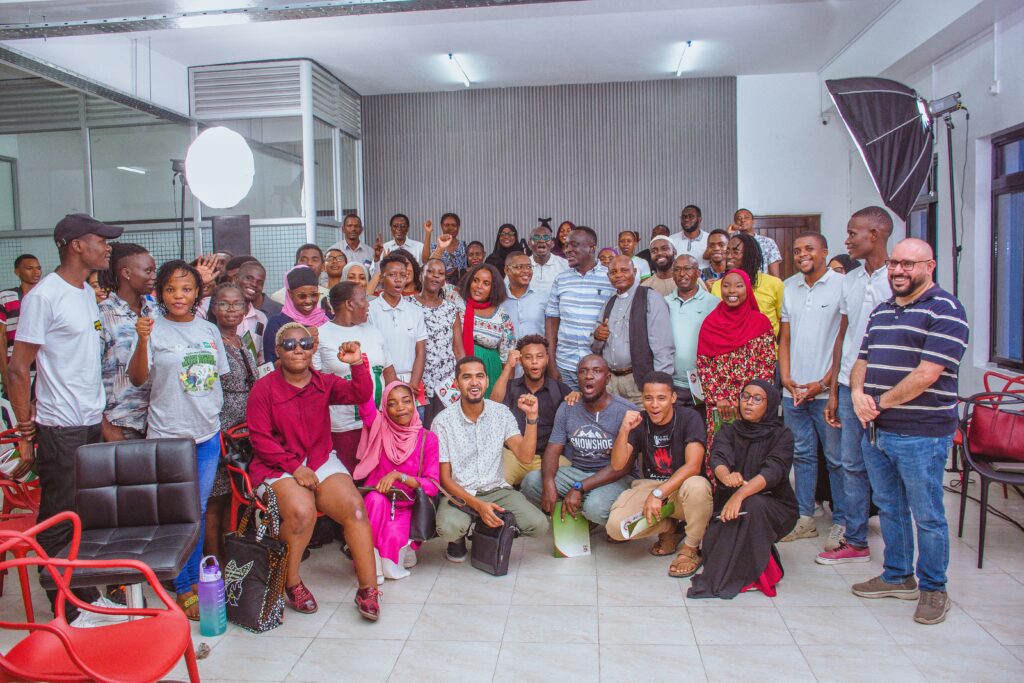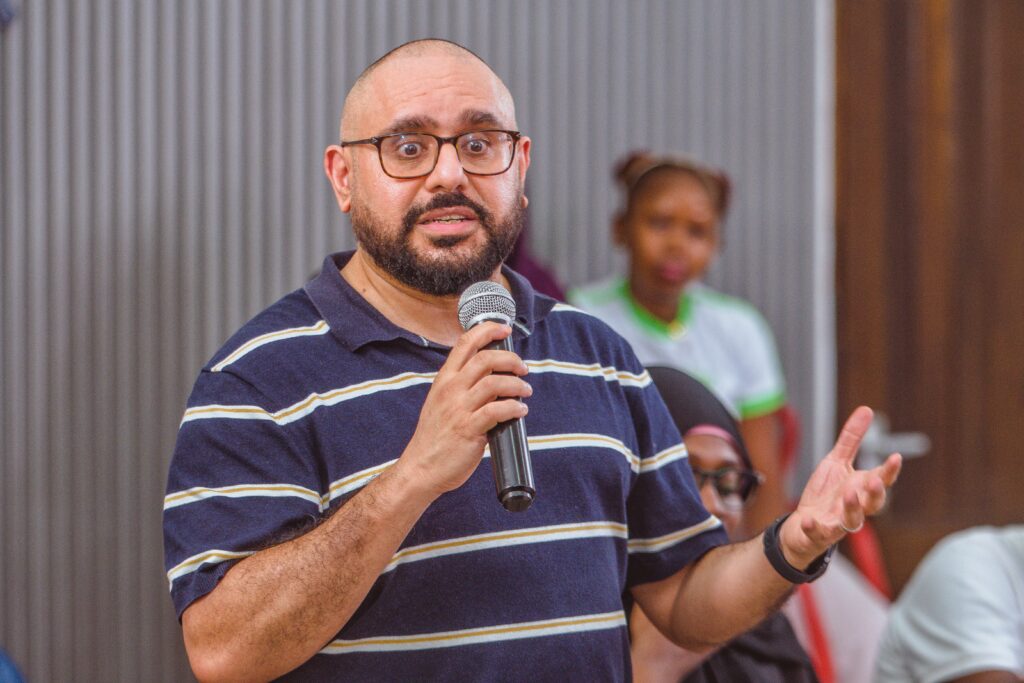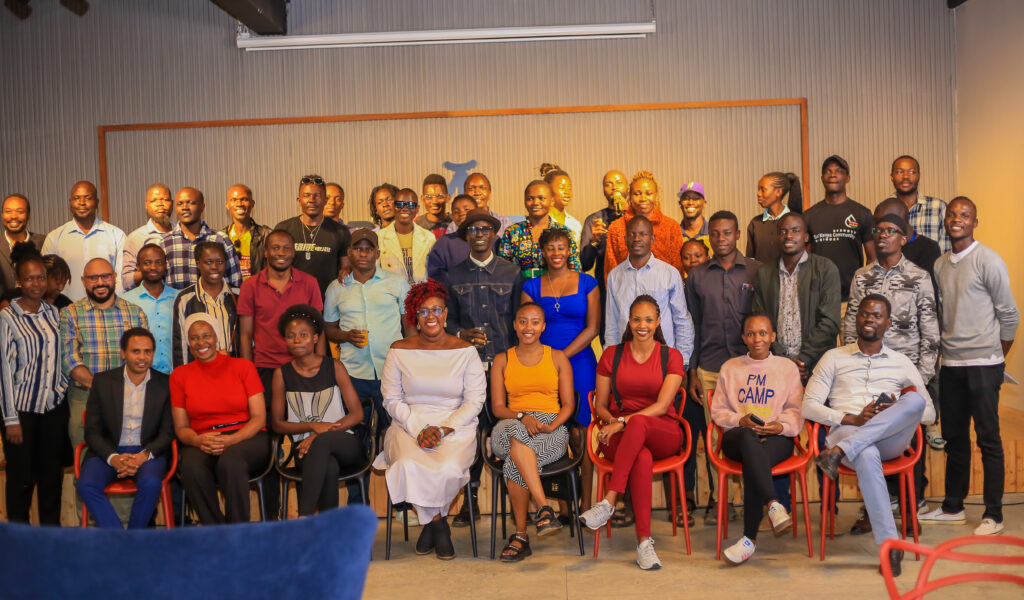At least 64.4 per cent of Kenyan youth, who are members of political parties, feel that the entities do not provide adequate support or encouragement for their participation in civic and political discussions, a new survey has revealed.
The survey, released by grassroots social movement organisation ‘Inuka Kenya ni Sisi’ and the Civic Voice Initiative, sampled a total of 1,535 respondents, aged between 18 and 35 years, from Mombasa (519), Kisumu (507) and Nairobi (509) between March and May 2024.
The Civic Voice Initiative was launched in response to Kenya’s August 2022 elections, which saw lower youth participation and the lowest voter turnout in 15 years, attributed to voter apathy among the 18-35 age group.
It aims to foster a culture of active citizenship and increase youth civic and political participation through research, capacity building, grassroots mobilisation, content creation for media platforms, and advocacy.
The survey also revealed that 19% of respondents receive occasional but inconsistent support from their political parties.
“64.4% said their parties do not facilitate their participation at all, 19% reported rare facilitation, 9.3% reported frequent facilitation, and only 7.3% indicated very frequent facilitation,” the report reads.
The report also sought to know what other activities young people engage in apart from voting during elections.
78.2 percent of the respondents indicated they did not participate in any other activity besides voting, while 21.8% stated that they engaged in other political activities.
“Our findings underscore the sentiments of young people regarding civic engagement and underscore the urgent need to foster sustained involvement,” said Abdul Noormohamed, the Project Director of the Civic Voice Initiative.
“Given that the youth demographic constitutes a significant portion of the population, their limited participation poses profound implications for Kenya’s democratic future.”
The survey results also revealed that only 21.4% of political party members reported their parties having a structured youth wing.
In comparison, 26.5% said their parties do not have one, while the majority of respondents (52.1%) were unsure whether their parties have a youth wing.
The findings suggest that while some political parties have formalised structures for youth inclusion, many do not, and these structures may only become active during election periods.
The report also revealed that youth are still economically disempowered, with 34.17 percent having to be incentivized monetarily to take part in political and civic processes.
“Young people face numerous challenges, including limited economic opportunities, barriers to education, difficulties in obtaining essential registration documents, and various forms of discrimination that restrict their access to employment and other opportunities,” said Noormohamed.
“These obstacles, coupled with a lack of reliable information and leadership failures, have bred a deep distrust of traditional governance institutions among many youth. This has fostered a belief that political participation is futile and does not produce tangible results. It is unfortunate that youth engagement often occurs only when there are incentives involved.”
This article was first published on Citizen Digital.




